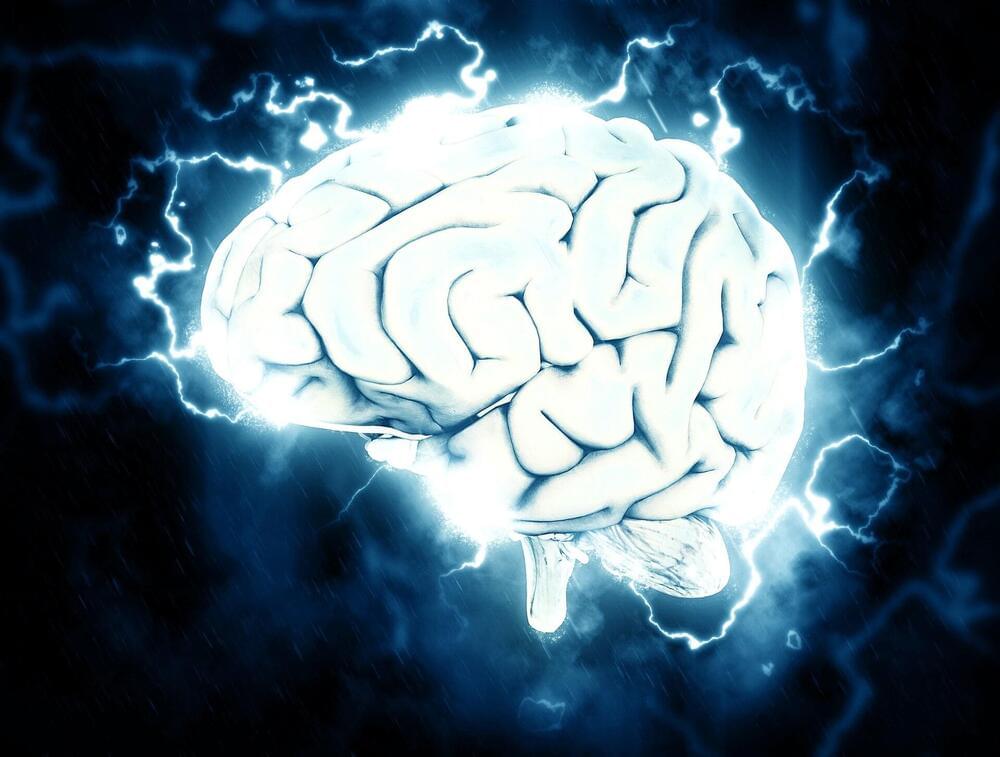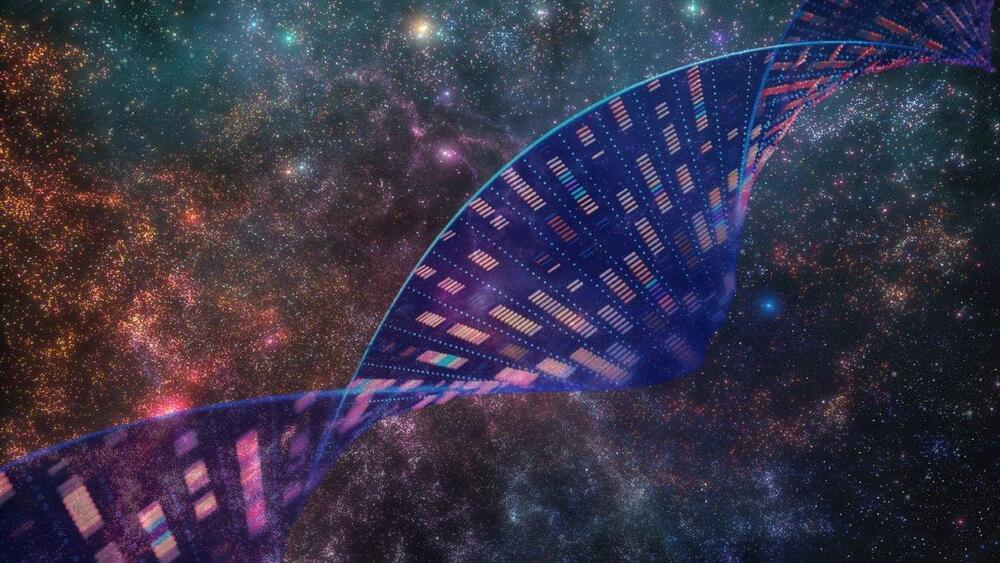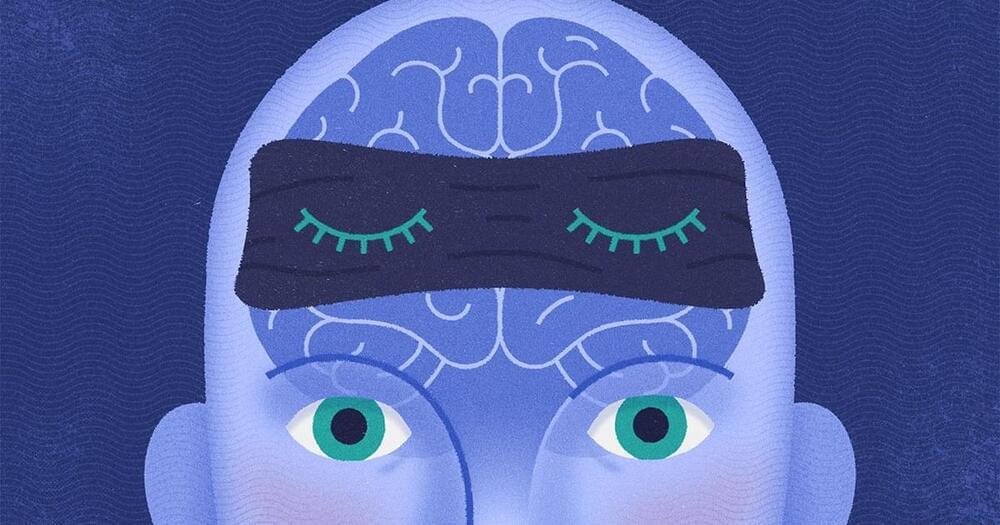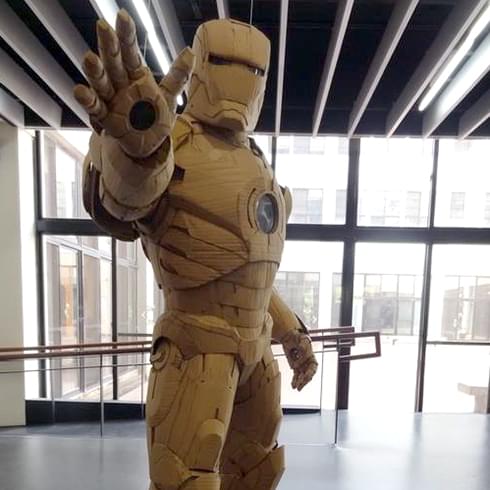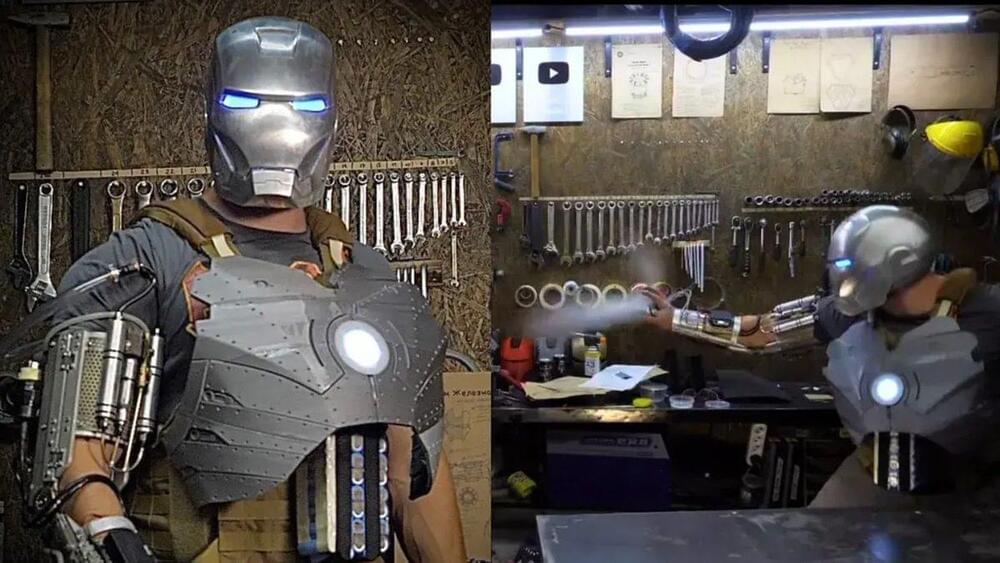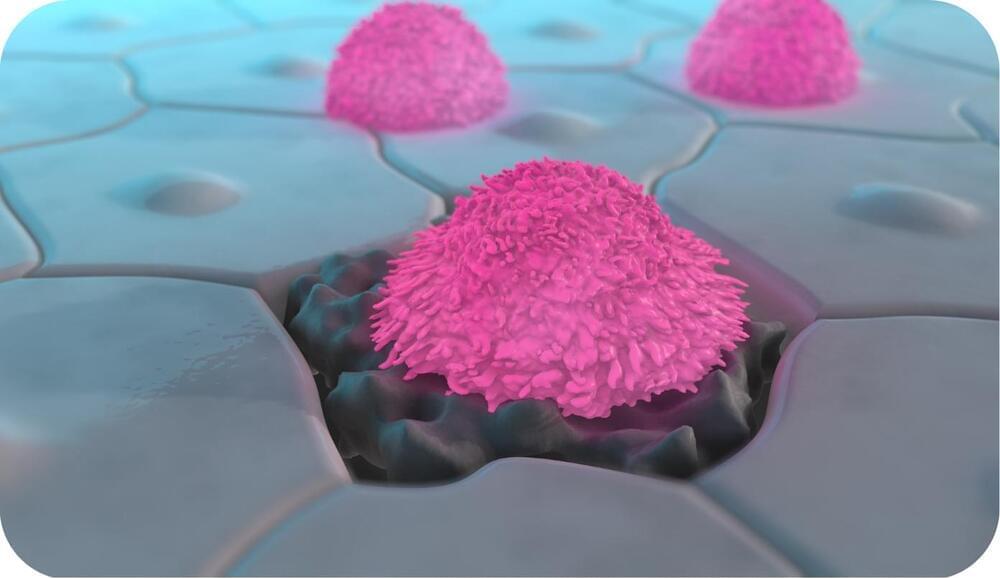For generations, researchers have been pondering the question of how and where consciousness is formed in the brain. Professor Ekrem Dere from Ruhr University Bochum, Germany, proposes a new approach to researching conscious cognitive information processing. He advocates defining phases of conscious cognitive processes on the basis of behavioral observations and learning curves.
“Learning is often not a gradual process, but takes place in leaps and bounds; you could say that humans and animals experience sudden epiphanies every now and then,” he says. “It’s likely that these experiences are preceded by conscious processes.”
Dere outlines his new approach, which might apply to both humans and animals, in an article published in the journal Frontiers in Behavioral Neuroscience.
